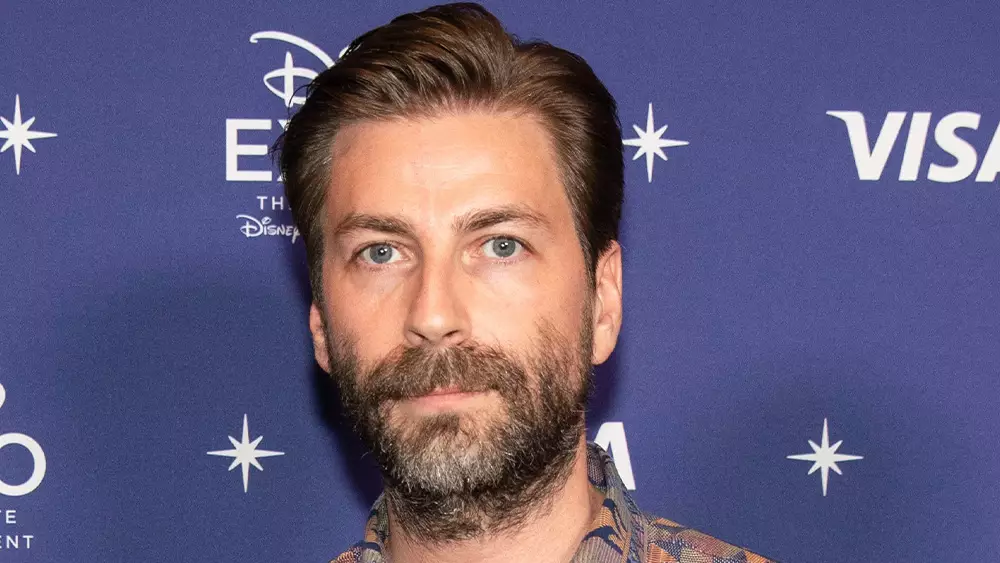In recent years, the film industry has witnessed a significant transformation, particularly in how movies are distributed and released. The advent of streaming platforms has altered the traditional landscape of cinema, sometimes leading to unexpected outcomes for filmmakers. One such case involves director Jon Watts, who previously helmed the highly successful Spider-Man franchise. His recent project, ‘Wolfs,’ featuring heavyweights George Clooney and Brad Pitt, became the most-watched film on Apple TV+. However, it took just one reveal by Watts to upend future expectations for the film’s sequel.
Initially, ‘Wolfs’ enjoyed incredible success on Apple TV+, which prompted the platform to express an eagerness for a sequel. According to reports, Watts was enthusiastic about continuing the journey of this film, yet the clouds began to gather when Apple underwent a strategic pivot. Originally slated for a wide theatrical release, the film was suddenly shifted to a limited release with a quicker transition to streaming. This decision not only puzzled Watts but also left Clooney, Pitt, and the production team feeling deflated.
This scenario is reminiscent of other filmmakers who have experienced similar frustrations. For instance, Doug Liman found himself at odds with Amazon when his remake of ‘Road House’ faced a similar fate. Liman’s vision was undercut when his project skipped the theatrical experience in favor of streaming, despite positive test screenings. Such examples paint a broader picture of the ongoing conflict between filmmakers’ expectations and the strategic maneuvers of streaming platforms.
Watts’ disillusionment deepens when considering the nature of the announcement regarding the sequel. He shared with Deadline how excitement quickly turned to disappointment. After presenting the final cut of ‘Wolfs’ to Apple executives, he was met with enthusiasm and an immediate request to begin work on a sequel. However, the abrupt about-face regarding the film’s release strategy took Watts by surprise. Not only was he blindsided by the news, but his subsequent request to keep discussions of a sequel private went unheeded.
The lack of communication and transparency from Apple raises questions about the operational ethics of streaming companies. It illustrates a pressing concern within the industry—how decisions made in boardrooms can disproportionately affect creative minds who dedicate years to their craft. The variance in expectations ultimately dismantles the fragile relationships between filmmakers and studios, posing further questions regarding the long-term implications for creative projects in this evolving landscape.
The crux of the issue may lie in the contrasting visions shared by filmmakers and corporate entities. While creative professionals like Watts are focused on telling compelling stories and developing profound relationships with collaborators, corporations often prioritize immediate financial returns and market positioning. The decision to limit theatrical releases for ‘Wolfs’ appears to reflect a broader trend within the industry where streaming services seek to capitalize on the ease of digital viewership, even at the cost of a once-planned theatrical experience.
Watts’ reflection on his experience reveals a deeply ingrained respect for the filmmaking process and those involved in it. His commitment to returning the initial funding for the sequel signals a strong adherence to his artistic integrity. It underscores how much he valued the project and the relationships he built, suggesting that for many filmmakers, the essence of their work transcends mere financial gain.
As film studios increasingly lean toward streaming models, the friction seen in Watts’ experience with ‘Wolfs’ may serve as a clarion call for future negotiations. The industry must find a balance that accommodates both the inventive spirit of filmmakers and the economic realities faced by corporations. Open lines of communication are essential to prevent future missteps and to encourage mutual understanding, ultimately leading to a more harmonious relationship in this shifting terrain.
Watts’ decision to step back from the sequel reveals not just a personal disappointment but also a broader commentary on the field: that loyalty to one’s craft and collaborators often outweighs the allure of potential box office success. As filmmakers navigate this complex landscape, the conversation around the dynamics of streaming releases vs. traditional theatrical runs will only continue to intensify. The challenge will be to respect both the creative essence of filmmaking and the commercial demands that underpin the industry.
